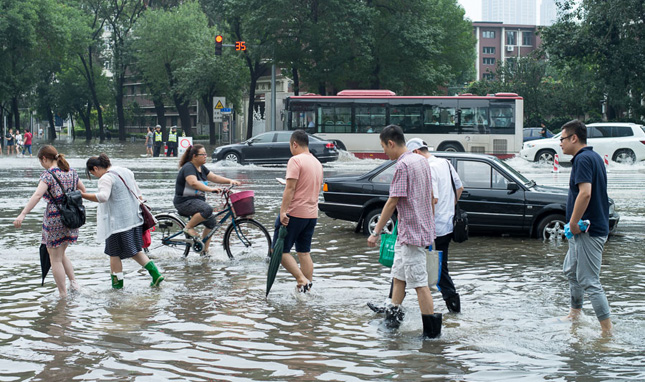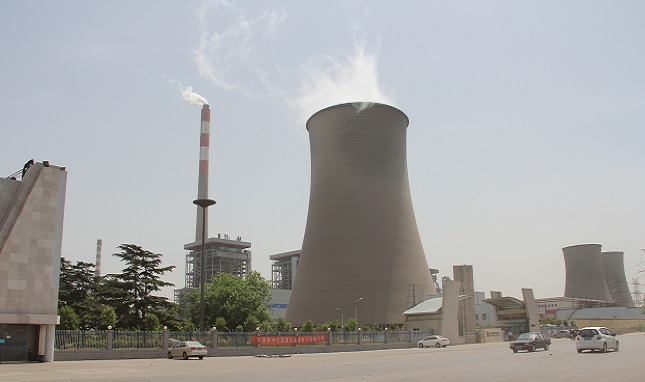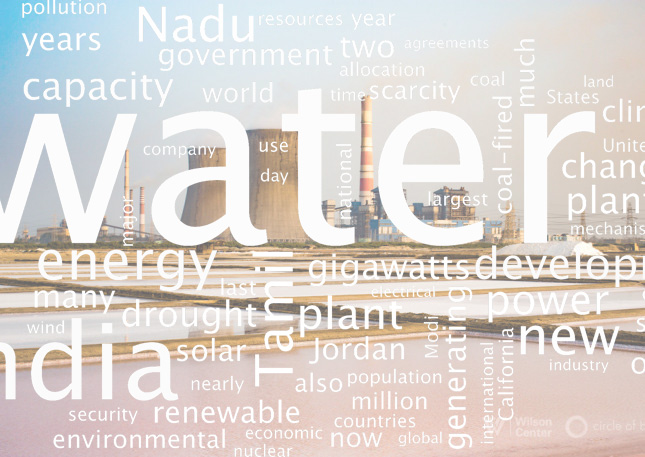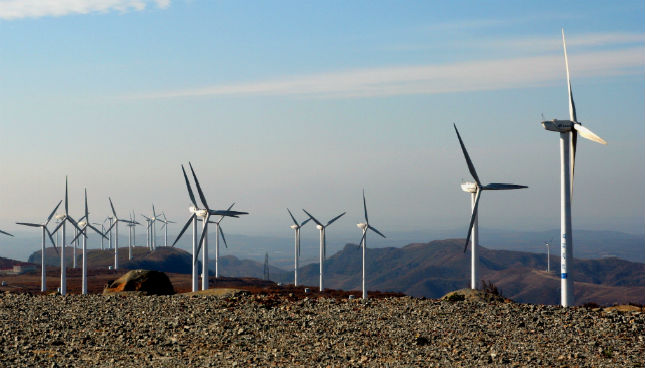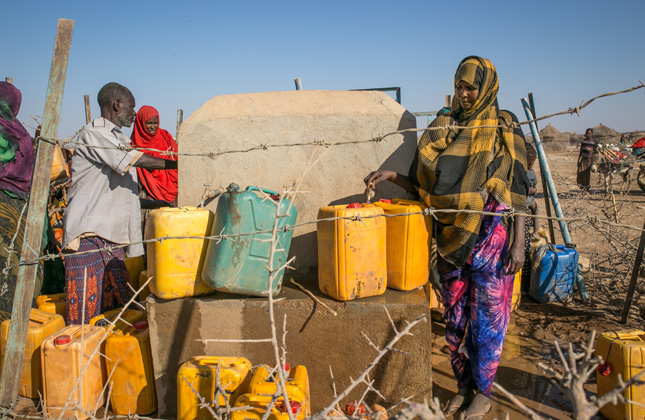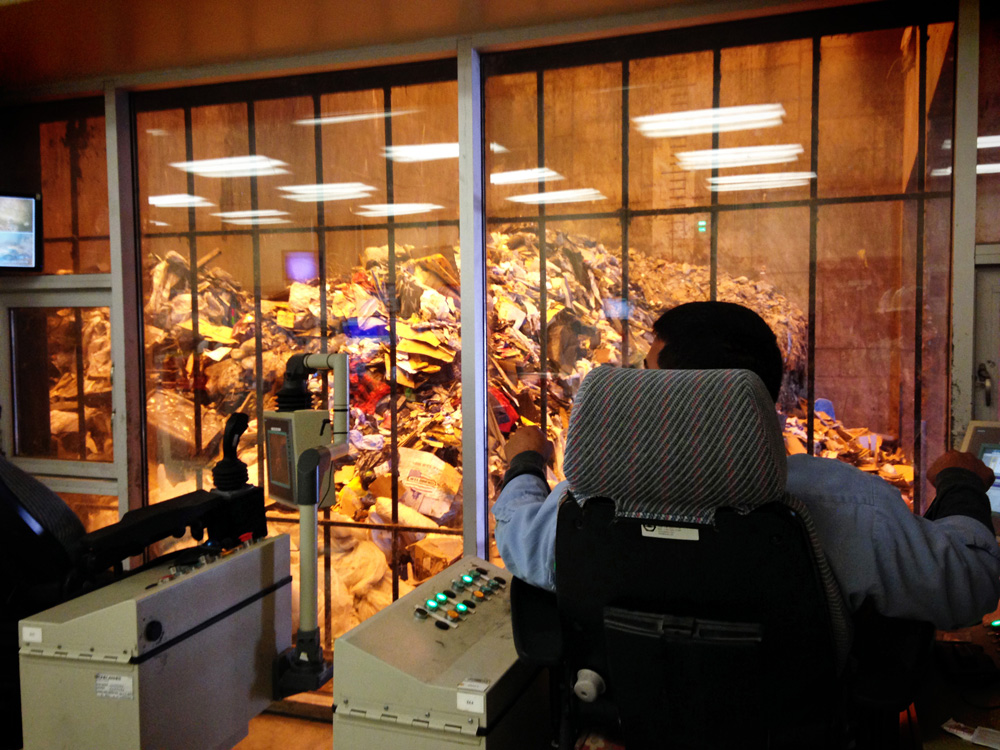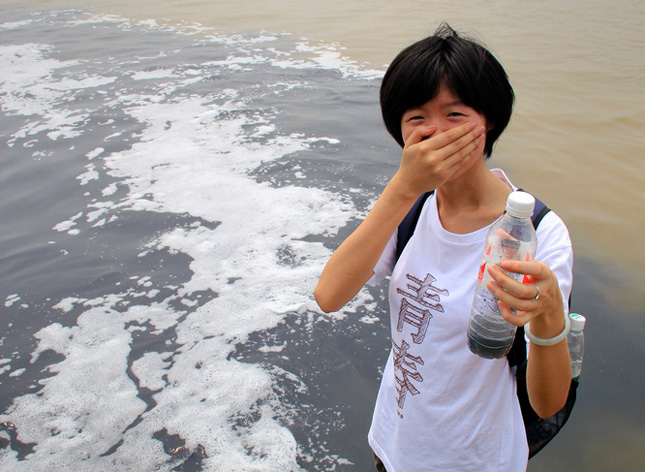-
To Fight Global Water Stress, U.S. Foreign Policy Will Need New Strategic Tools
›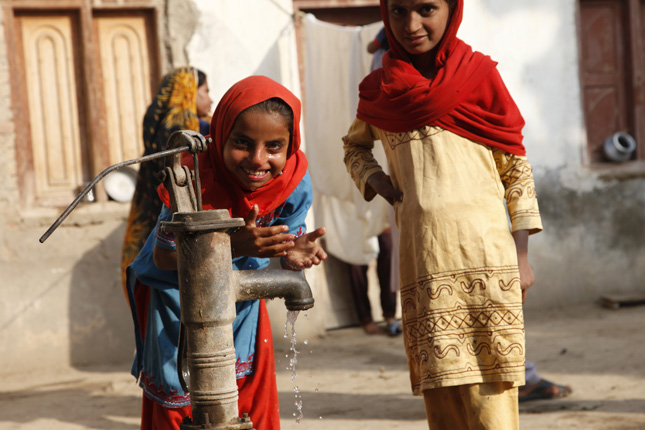
Capable of upending rural livelihoods, compromising institutions of governance, and inducing new patterns of migration and crime, global water stress has emerged as one of the principal threats to U.S. national security, said David Reed, senior policy advisor at the World Wildlife Fund (WWF) and editor of WWF’s new book, Water, Security and U.S. Foreign Policy, on June 27 at the Wilson Center. Four defense and development leaders – retired U.S. Marine Corps General James L. Jones; Paula Dobrianksy, vice chairwoman of the National Executive Committee of the U.S. Water Partnership; retired U.S. Navy Admiral Lee Gunn, vice chairman of the CNA Military Advisory Board; and Kristalina Georgieva, chief executive of the World Bank – joined Reed for a panel discussion of water’s central role in global stability and prosperity.
-
Sponge City: Solutions for China’s Thirsty and Flooded Cities
›
On Wednesday, June 21, 2017, authorities in Beijing, Tianjin, and Hebei warned residents to prepare for a storm that could trigger flooding and possibly landslides. Flood warnings have become all too common in China: In 2013, more than 230 Chinese cities experienced floods. But Mother Nature is not entirely to blame; the cities’ outdated drainage systems are quickly overwhelmed and sprawling concrete gives stormwater runoff no place to go.
-
Thirsty Power: Measuring the Water Risk of China’s Coal Industry With Mingxuan Wang
›
Coal — the reigning king of China’s energy sector — generates 74 percent of the country’s electricity and is the main source of the staggering air pollution blanketing Chinese cities. Prompted in large part by the air pollution problem, the Chinese leadership has begun to pivot away from coal by strengthening monitoring and enforcement to limit coal-fired power plant emissions, piloting CO2 emissions trading projects, accelerating expansion of renewables, and committing to CO2 reductions in the Paris climate agreement.
-
Top 5 Posts for June 2017
›
Water, water everywhere but not a drop to drink: All five of the most popular posts last month focused on water scarcity.
The final two parts of our “Choke Point: Tamil Nadu” series, which explores the conflicting demands for water, food, and energy in the South Indian state, took the top spots. In June’s most popular post, Circle of Blue’s Keith Schneider reports on Tamil Nadu’s leadership in India’s transition to solar and wind energy, which use far less of the country’s scarce water resources than coal and nuclear power plants. Schneider also wrote “New Media Helps Galvanize Tamil Nadu to Fight a Toxic Legacy,” which describes an environmental activist’s fight against industrial water contamination.
-
China’s Great Green Grid? Chris James on Capturing China’s “Wasted” Wind and Solar Power
›
With a capacity of 3,300 MW, Sichuan’s Ertan Hydropower Plant—once China’s largest—promised to alleviate provincial energy shortages and spur economic growth when it began generating electricity in 2000. However, in what came to be known as the “Ertan Incident,” provincial officials halted all clean energy generation in Sichuan soon after the plant came online. The Sichuan power company was obligated by law to buy half of its power from coal-fired power plants, regardless of their inefficiency or environmental impacts. To keep the coal burning, the dam was forced to operate at a major financial loss.
-
David Reed, World Wildlife Fund-US
U.S. National Security and Prosperity Under Rising Pressure From Water Stress
›
U.S. prosperity and national security depend directly on the prosperity and stability of our partner countries and competing countries around the world. Today, water-driven stresses are, with increasing frequency, undermining economic productivity, weakening governance systems, and fraying social cohesion. Water scarcity has created a context of human and societal need wherein water stress has undermined the vitality of rural livelihoods, driven broad migratory movements, become a weapon of war, contributed to the growth of insurgencies and terrorist networks, and given rise to increased demand for U.S. development, humanitarian, and military assistance.
-
No Room for Waste: Honolulu’s Sludge Plant Points Toward More Sustainable Urban Development
›HONOLULU – Sludge. The final, unwanted byproduct of a toilet flush. The semi-solid stuff that even wastewater treatment plants send packing to the landfill. Unseen in the steel pipes snaking high on the exterior of Honolulu’s H-POWER plant, sludge is injected into a massive boiler where it joins the city’s trash in a roaring inferno. From the gravel lot outside, it all seems very antiseptic and smells less than a stroll past the neighborhood dumpster. But the 70-megawatt waste-to-energy facility is a workhorse, processing as much as 2,000 tons of refuse each day from Oahu’s 1 million residents. All told, it generates up to 10 percent of the electricity needed to power this Pacific island.
-
Citizen Science Is Making it Harder for China’s Biggest Polluters to Hide
›
In 2016, the Environmental Protection Agency charged its federal advisory committee with exploring how citizen science and crowdsourcing should be integrated into the agency’s mission. The resulting report eloquently describes how if the environment is to be protected then it’s the duty of all – the government, institutions, and citizens – to work together to achieve this.
Showing posts from category water.


